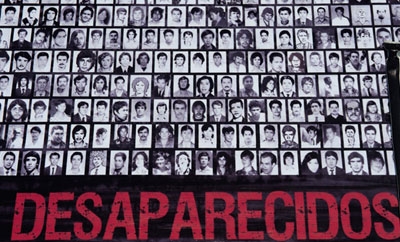Authorities in Mexico have announced the formation of a national network to register, and search for, the country’s disappeared, an overdue recognition of an endemic problem linked to organized crime.
During a November 29 meeting in the Pacific state of Sinaloa, officials from Mexico’s Attorney General’s Office agreed to revise the current system for disappearance cases — which dictates a person must be reported missing for 72 hours before authorities act — in favor of beginning searches immediately, reported Proceso.
SEE ALSO: Mexico News and Profiles
The agreement should not only speed up the registration of missing persons but prompt faster reaction from federal and state units charged with investigating cases. According to Proceso, the Attorney General’s Office will bolster the effort by consolidating its databases of fingerprints and genetic information in order to integrate forensics investigations at a national level.
InSight Crime Analysis
The recognition that more attention and resources need to be dedicated to finding missing persons is a welcome — albeit belated — development. However, with accusations of involvement from Mexican security forces in some disappearance cases and with corruption a ongoing problem among local and state authorities, it is unclear how effective the new measures will be.
Disappearances in Mexico grew to be a major problem under the administration of former President Felipe Calderon. One list published by an NGO last year placed the total number of missing persons under the Calderon administration at 20,851, while a later report suggested that figure was even higher, at 26,567. Disappearances are concentrated in some of the country’s most violence-afflicted regions, while women have often gone missing from rural areas — a fact which suggests the involvement of human trafficking networks, as well as cases linked to drug trafficking.
Disappearing victims has become a common way for Mexican criminal groups to commit acts of violence without drawing unwanted attention from authorities, with the Mexican government in the past linking victims to criminality and showing little political will to pursue the cases.

